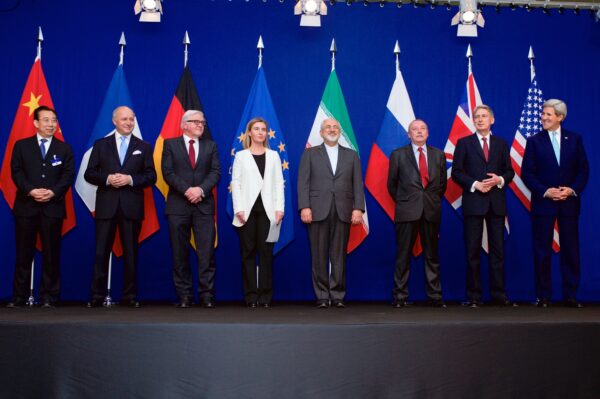
In the evolving landscape of U.S. foreign policy, the future president’s stance on critical issues like Iran’s status as a nuclear power play a significant role in shaping international relations. Vice President Kamala Harris and former President Donald Trump have articulated distinct positions on Iran, reflecting broader differences in their approaches to foreign policy. As the U.S. navigates geopolitical challenges, understanding where each candidate stands on Iran provides valuable insight into the directions American diplomacy and security can go. This article will delve into their respective approaches and highlight the implications for U.S.-Iranian relations and the international community.
What is the Iran Nuclear Deal?
The Iran nuclear deal, formally known as the Joint Comprehensive Plan of Action (JCPOA), was a landmark agreement reached in 2015 between Iran and several major powers, including the U.S., UK, China, Russia, France, Germany, and the European Union. Under the terms of the deal, Iran would dismantle much of its nuclear program and open its facilities to more extensive inspections by international agencies in exchange for billions of dollars worth of sanctions relief. The goal was to prevent Iran from developing nuclear weapons and reduce the risk of conflict. However, the Trump administration withdrew from the agreement in 2018, reinstating severe sanctions and arguing that the deal was not effective in curbing Iran’s nuclear program and influence in the region. Since then, efforts to revive the deal have faced multiple challenges, including Tehran’s continued nuclear advancements and its involvement in regional conflicts.
What is Trump’s Stance on Iran?
Former President Trump has consistently taken a hardline approach towards Iran. During his presidency, he withdrew the U.S. from the JCPOA and labeled it “defective to its core.” In its place, he implemented a “maximum pressure” campaign that imposed tougher sanctions on Iran’s banking and oil sectors. Trump has also been vocal about his willingness to take military action against Iran if necessary, emphasizing the need to prevent the country from developing a nuclear weapon. He has claimed that Iran was involved in the recent assassination attempts against him, intensifying his hardline stance, though these claims have not been corroborated by the FBI or other intelligence agency.
How Does Harris View Iran?
Vice President Harris considers Iran to be America’s greatest adversary, citing its involvement in attacks on U.S. military personnel and pursuit of nuclear weapons; in an interview with CBS, Harris stated that “Iran has American blood on their hands.” She has expressed support for rejoining the Iran nuclear deal, provided that Iran returns to verifiable compliance with the International Atomic Energy Agency. She also emphasized the importance of preventing Iran from achieving nuclear capability and has been critical of Trump’s decision to withdraw from the JCPOA. Harris’ approach includes a focus on diplomatic solutions and maintaining strong alliances with U.S. partners in the region.
What Are the Key Differences in Their Approaches?
Trump favors a more aggressive stance, including the use of military force and stringent sanctions. In contrast, Harris advocates for diplomatic engagement and rejoining the nuclear deal under strict conditions. Trump’s approach is characterized by unilateral action and a focus on maximum pressure, whereas Harris has emphasized multilateral cooperation and the importance of alliances.
Further Reading:
What can Iran expect from a potential Trump presidency?
Remarks by Vice President Harris on the Iranian Ballistic Missile Attack Against Israel

